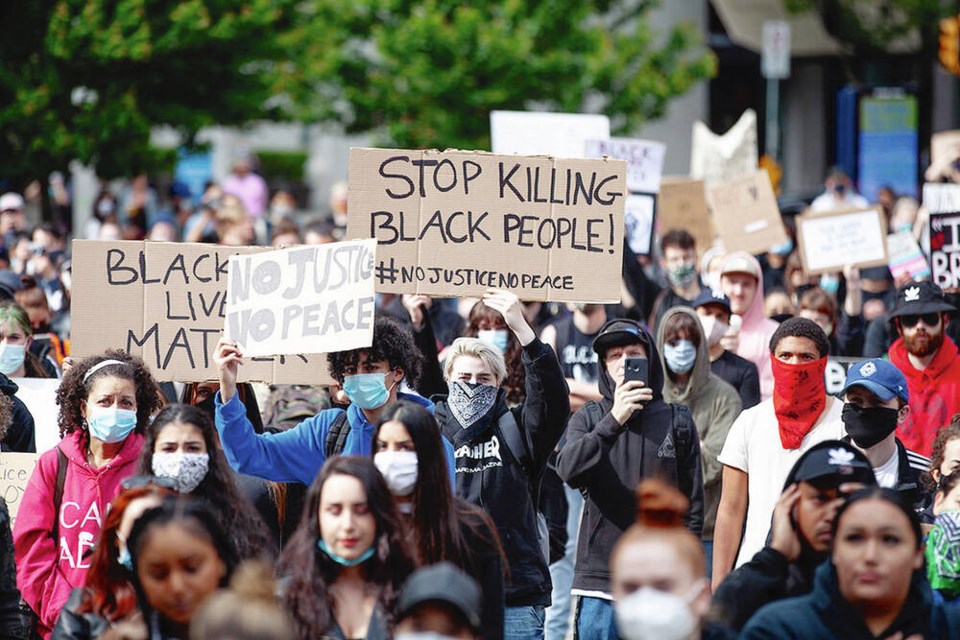I’ve heard from teens in different schools about the prevalence of people saying the “N-word” and saying a Black person gave them a pass that allows them to say it.
I’ve been told about insults, masked as jokes, to Israeli, Palestinian and Russian students, and racially themed insults to Hispanic, Latino and Indigenous students.
I’ve heard of students who denounce specific religions and the students who practise them, based on limited information of the religion’s values.
There are high-profile wars in the world right now and many people are vocally picking sides and demonstrating support. We all have a right to do this if we choose.
I can understand how children see these protests and fundraisers and hear conversations in their homes about the wars and create their own opinions or share the opinions of their families.
We all have a right to our opinions, no question. What I am worried about it is that young teens do not fully understand the hate, segregation and struggle that people have had to endure. Thinking you have a “pass” to say a racial slur is juvenile and ludicrous.
I grew up with one brother. My parents divorced when I was a baby, and my father moved to Utah. Eventually, he remarried and adopted three children with his new wife.
My brother and I are Indigenous and my three siblings in Utah are Black. I didn’t grow up with them, but would see them when we would visit and I sent emails to my sister.
Several years ago, I had a phone call with my sister, and we chatted about being adopted. She had shared her DNA journey with me and had found her biological father.
I had just taken a DNA test. I read my sister the top few ethnicities in my results, and she asked me to read them all. I got to the bottom of the list and read “one per cent Nigerian.”
“Oh my gosh, you’re Black!! That’s awesome,” she responded excitedly.
I thought it was cute and funny. It wasn’t a reaction I was expecting, but it was clear that to my sister, it meant something.
I recently shared this story in a group of people I was working with. One of the people in the group was a Black man, and he had a big grin and laughed loudly when I told this story.
I followed up by saying I would never identify as Black and didn’t think the one per cent was a big deal, but my sister’s reaction made me feel special.
As we chatted, he looked at me and said that there was a time in history when that one per cent could have cost me my freedom. He began to speak of the “one drop rule.”
In the U.S., there was a time that if someone had “one drop” of Black blood, they would have been deemed “Negro or coloured” using the language of the time.
This statement stopped me in my tracks. It’s something I think about often. It’s a reminder of how something that seems almost insignificant to me could have dictated and determined my rights, future and family.
I know there weren’t DNA tests back then, but figuratively it carries weight.
In the recently released Martin Scorsese film Killers of the Flower Moon, there are scenes where Indigenous people required a “sponsor” to access their bank accounts.
It wasn’t fully explained in the film, but I have since learned that people who were less than 50 per cent Indigenous in the U.S. could oversee their own finances, while those who were more than 50 per cent required a white sponsor to access their funds.
There is so much in our history that we need to share, because if we don’t, young people will continue to think “N-word passes” are a thing, and racist and hateful comments are jokes.
Charla Huber is an Indigenous communications consultant based in the capital region. Her family is from Beausoleil First Nation and Fort Chipewyan.



